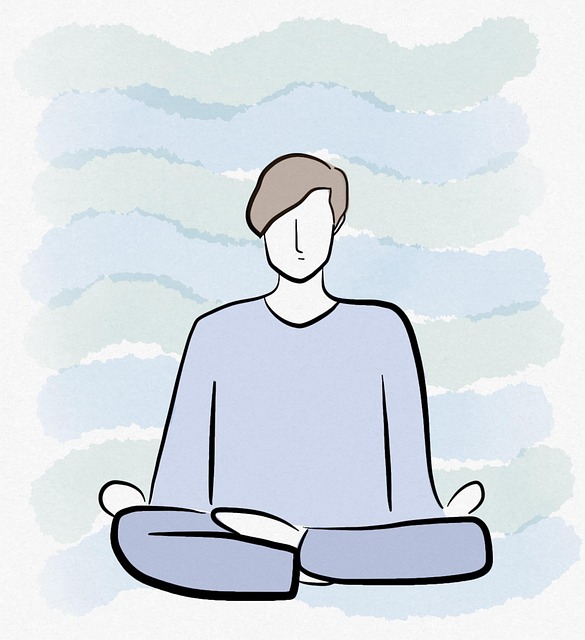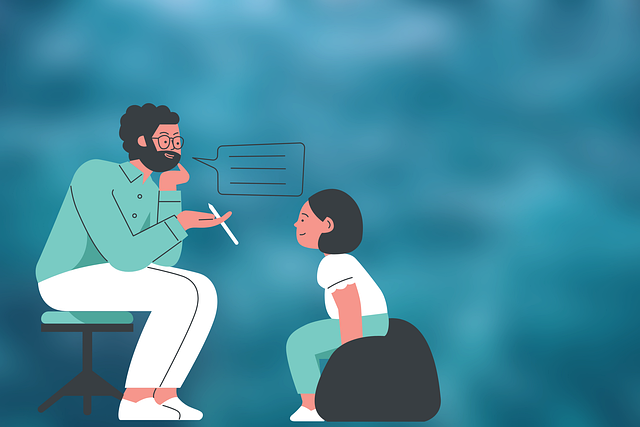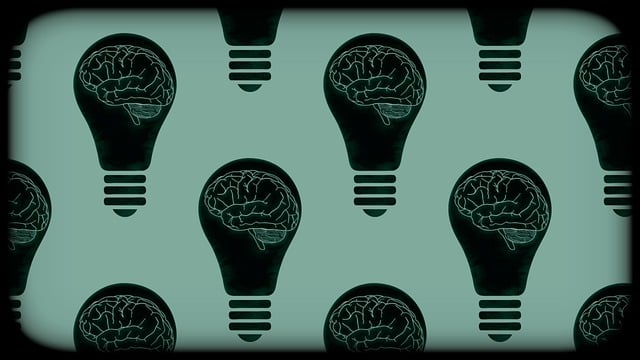Mindfulness meditation emerges as a potent tool for individuals with Superior Developmental Disabilities, offering emotional regulation, improved focus, and stress management benefits. Tailored exercises, like compassion cultivation, reduce stigma and foster self-acceptance, leading to enhanced resilience and quality of life. Creating dedicated meditation spaces and incorporating guided meditations into daily routines can further support their well-being, making mindfulness a standout strategy in Superior Developmental Disability Therapy.
Mindfulness meditation offers a powerful tool for individuals with developmental disabilities, enhancing their mental well-being and daily functioning. This practice has gained significant traction in Superior developmental disability therapy due to its numerous benefits. From reducing stress and improving focus to fostering self-awareness and emotional regulation, mindfulness is transforming lives. This comprehensive guide explores how to harness the potential of mindfulness meditation through setting up optimal spaces, discovering guided techniques tailored to diverse needs, and seamlessly integrating it into daily routines.
- Understanding Mindfulness Meditation for Developmental Disabilities
- Benefits of Mindfulness Practice in Therapy
- Setting Up a Successful Meditation Space
- Guided Meditation Techniques for Different Needs
- Incorporating Mindfulness into Daily Routines
Understanding Mindfulness Meditation for Developmental Disabilities

Mindfulness meditation has gained recognition as a valuable tool for individuals with developmental disabilities, offering a unique approach to enhancing their overall well-being. This practice focuses on training the mind to be fully present and aware, which can significantly benefit those navigating challenges related to autism spectrum disorder or other special needs. By incorporating mindfulness, therapists and caregivers can facilitate improved emotional regulation, enhanced focus, and better stress management skills in individuals with developmental disabilities.
For instance, compassion cultivation practices within mindfulness meditation have shown promise in reducing the impact of mental illness stigma, fostering a sense of self-acceptance, and promoting positive social interactions. This form of therapy goes beyond traditional techniques by tailoring exercises to suit individual needs, making it an effective strategy for superior developmental disability therapy. Through regular practice, individuals can develop a stronger connection with their emotions, thoughts, and bodily sensations, ultimately leading to increased resilience and improved quality of life.
Benefits of Mindfulness Practice in Therapy

Mindfulness practice has gained significant traction within therapeutic settings, offering a range of benefits for individuals, especially those with Superior Developmental Disabilities. Through regular meditation, therapists can facilitate a deeper connection between clients and their thoughts and emotions. This awareness promotes self-reflection and encourages individuals to cultivate a non-judgmental mindset, which is essential for personal growth. By integrating mindfulness into therapy sessions, professionals can enhance the therapeutic process, leading to improved emotional regulation and enhanced coping mechanisms.
For those with developmental disabilities, mindfulness serves as a powerful tool for self-esteem improvement and burnout prevention. It enables them to develop a stronger sense of self-awareness, fostering an environment where they can explore their feelings without fear of criticism. Furthermore, regular mindfulness practice contributes to the development of a robust self-care routine, promoting better mental health overall.
Setting Up a Successful Meditation Space

Creating a dedicated meditation space is a powerful step towards regular mindfulness practice, especially beneficial for individuals with Superior Developmental Disability Therapy needs. This sanctuary should be designed to promote relaxation and focus. Consider incorporating elements that support emotional healing processes, such as soft lighting or warm colors, which can help create a calming atmosphere. A comfortable seating arrangement, like a supportive cushion or chair, is essential to ensure physical comfort during meditation sessions, allowing for extended periods of practice without strain.
The space should be free from distractions and tailored to personal preferences. For instance, adding natural elements like plants or a small water feature can enhance the sensory experience, fostering emotional regulation skills. Personalize your meditation corner with items that inspire self-esteem improvement—a motivational quote, for example—to serve as a gentle reminder of your progress and the benefits of mindfulness.
Guided Meditation Techniques for Different Needs

Guided meditation is a versatile tool that can cater to diverse needs and preferences. For individuals with special requirements, such as those undergoing Superior Developmental Disability Therapy, tailored techniques can significantly enhance the benefits of mindfulness practice. These guided sessions often incorporate gentle visuals, soothing music, or nature sounds to create a peaceful atmosphere, making it easier for participants to focus and engage.
The approach may vary depending on the goal; for instance, some meditations emphasize deep relaxation and stress relief, ideal for Burnout Prevention Strategies for Healthcare Providers. Others concentrate on cultivating positive thinking and emotional well-being, which can complement Social Skills Training programs. By adapting these practices to specific needs, individuals can unlock the full potential of mindfulness meditation, fostering mental clarity, self-awareness, and overall well-being.
Incorporating Mindfulness into Daily Routines

Incorporating mindfulness into daily routines can be a transformative practice for anyone, including those with Superior Developmental Disability Therapy needs. Starting small, like incorporating brief moments of awareness during activities like eating or walking, can help cultivate present-moment focus and emotional regulation skills. Over time, these moments add up, creating a more balanced and mindful lifestyle.
Public Awareness Campaigns focused on mindfulness can play a crucial role in promoting these practices. By sharing simple techniques and highlighting the benefits for emotional well-being and conflict resolution abilities, individuals with developmental disabilities can learn to navigate challenges more effectively. This holistic approach combines therapeutic support with community engagement, fostering an environment where mindfulness becomes an accessible tool for personal growth and enhanced daily living.
Mindfulness meditation offers a powerful tool for individuals with developmental disabilities, enhancing their well-being and skill set. By understanding its benefits and implementing practical techniques, therapists can significantly support clients’ therapy journeys. A calm, tailored meditation space and accessible guided practices cater to diverse needs, making mindfulness a valuable addition to any therapeutic regimen. Incorporating these strategies into daily routines can lead to profound improvements in emotional regulation, focus, and overall quality of life for those navigating developmental challenges, ultimately fostering greater independence and fulfillment.









